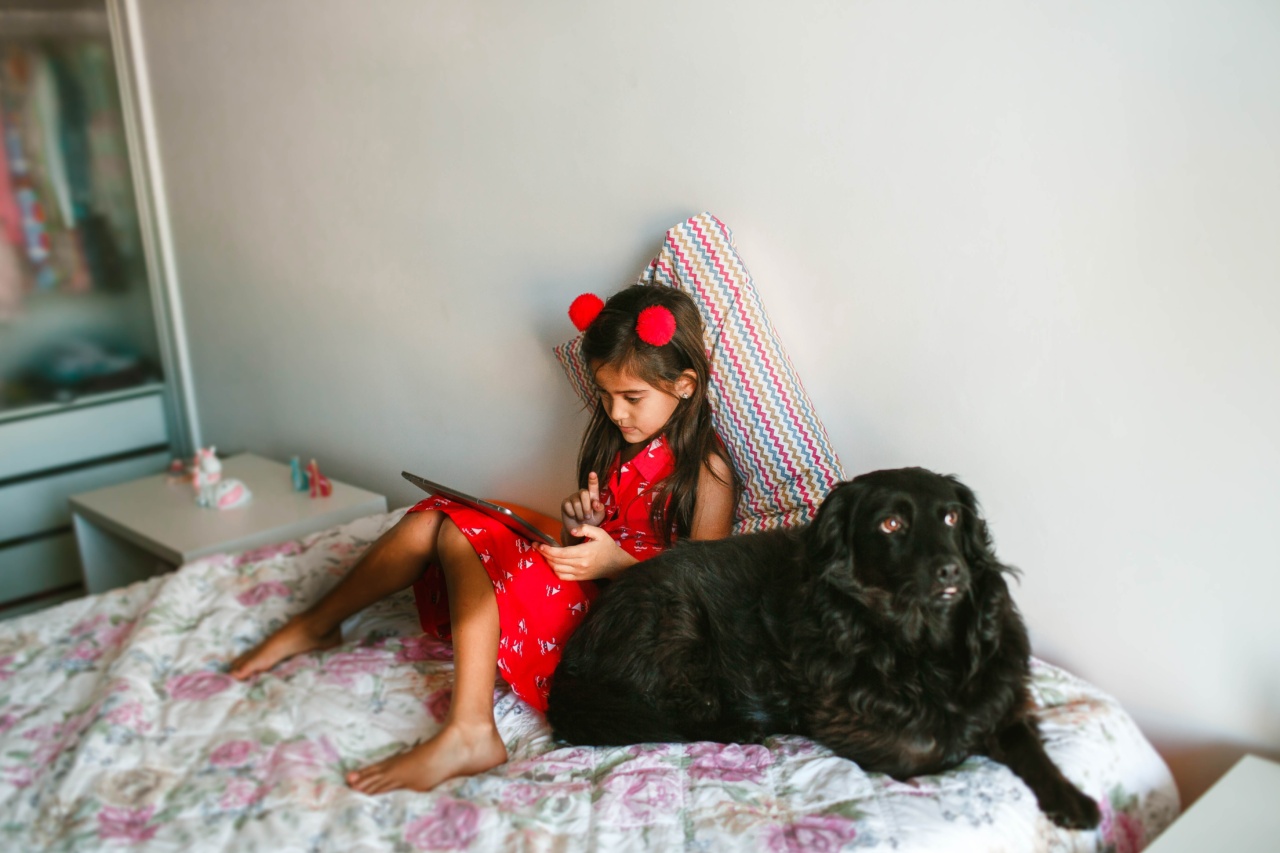A dog is a loyal, affectionate and loving animal that can make for a great companion and playmate for children. While the benefits of owning a dog are varied, one of the most significant is the social benefits that they provide for children.
Here are some of the ways that having a dog can help your child develop important social skills and improve their social functioning:.
1. Responsibility and Caretaking
Dogs require a lot of care, attention, and responsibility. By having a dog, children learn to take responsibility for the wellbeing of their pet, including feeding, walking, and grooming.
This responsibility can help them develop a sense of empathy and compassion for others, which can have a positive impact on their social interactions with others.
2. Improved Socialization
Dogs are social animals, and when children interact with them, they learn important social skills such as communication, cooperation, and negotiation.
For example, when a child plays with a dog, they have to negotiate the rules of the game and communicate their needs and wants in a way that the dog can understand. This type of interaction helps children develop important social skills and build their confidence in social situations.
3. Increased Physical Activity
Dogs need exercise, and children who own a dog are more likely to engage in physical activities such as playing outside and going for walks.
Physical activity is essential for children’s healthy development, and it can also help them build social connections with other children who share similar interests and hobbies.
4. Boost in Self-Esteem
Having a dog can provide children with a sense of comfort, security, and companionship. This type of emotional support can help boost their self-esteem, which can have a positive impact on their social functioning.
When children feel good about themselves, they are more likely to interact with others in a positive and confident way.
5. Stress Reduction
Dogs are known to provide emotional support, which can help reduce stress and anxiety in children. When children feel less anxious and stressed, they are more likely to engage in social interactions and build positive relationships with others.
6. Developing Empathy
Through caring for a dog, children learn to become more empathetic towards others. They learn to recognize the feelings and needs of another living being, which can translate to better social interactions and relationships with peers and adults.
7. Reduced Social Isolation
Children who own a dog have a built-in social companion. Dogs are known to promote social interaction and can help children feel less isolated.
Children who lack social connections may benefit from owning a dog, as it can provide them with a sense of purpose and belonging.
8. Learning Discipline
Dogs require a lot of discipline and training. Children who own a dog learn to be disciplined and consistent in their interactions with their pet.
By practicing discipline in this way, they can develop important skills that can translate to better social interactions and relationships with others.
9. Strengthening Family Bonds
Dogs can bring families closer together. Spending time together as a family caring for a pet can create a shared sense of responsibility and provide opportunities for bonding.
This strong bond can translate to better social relationships outside of the family as well.
10. Teaching Respect for Living Beings
Owning a dog can help children learn to respect living beings. By caring for an animal, children learn that all living creatures deserve to be treated with kindness and compassion.
This lesson can translate to better social interactions and relationships with others.
Conclusion
From promoting responsibility to reducing social isolation, the benefits of owning a dog for children are undeniable.
By providing a loyal companion, dogs can help children develop empathy, discipline, and confidence, all while building stronger social relationships. If you are considering adding a furry friend to your family, the social benefits of owning a dog for your children are worth considering.































